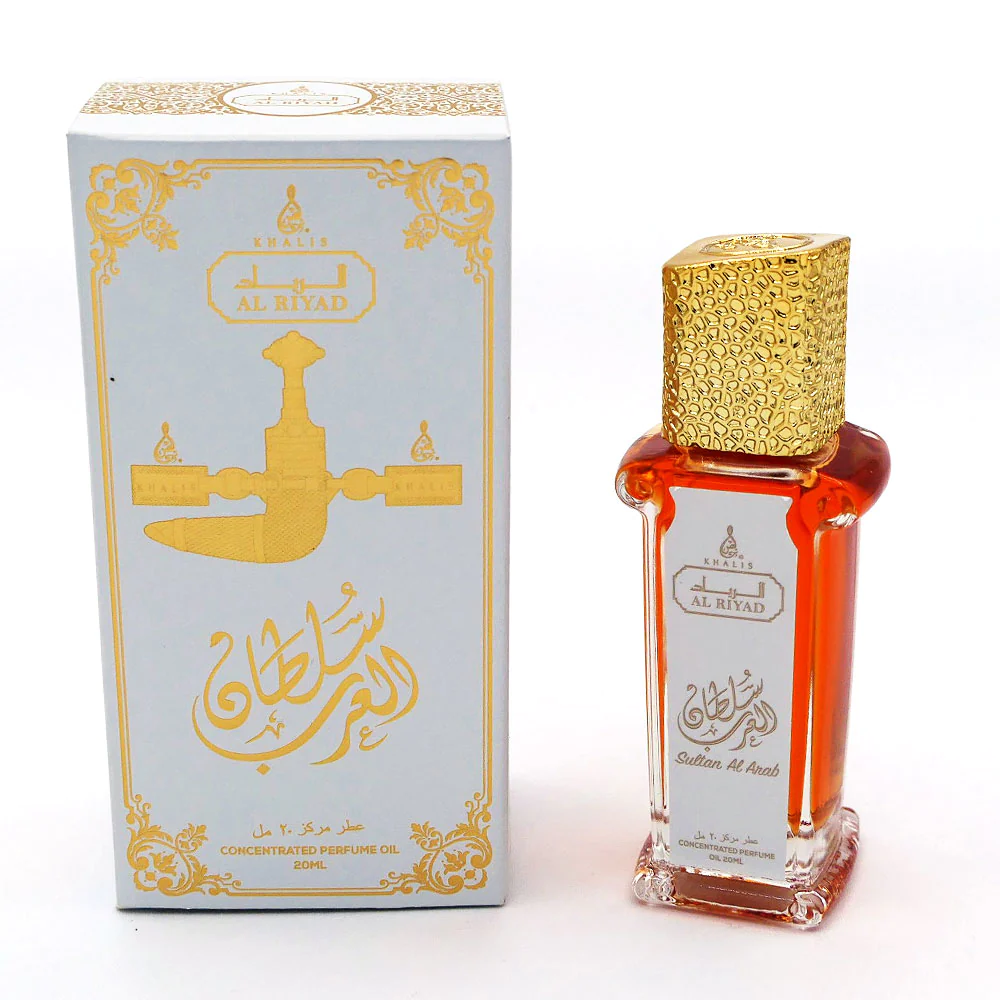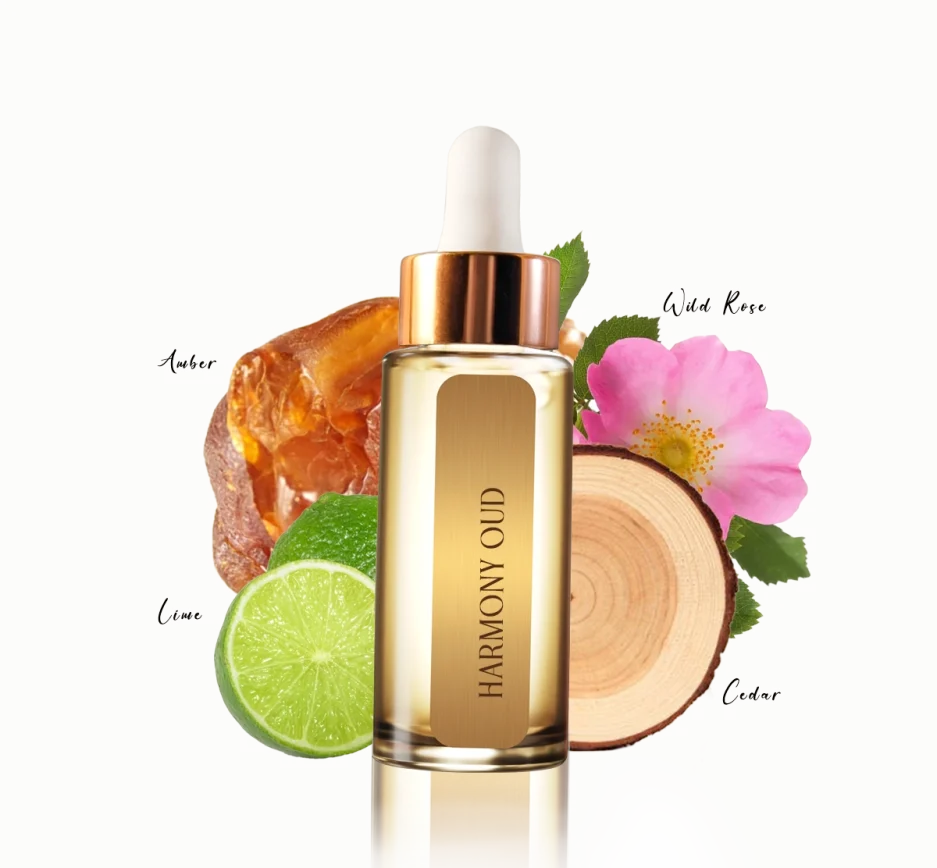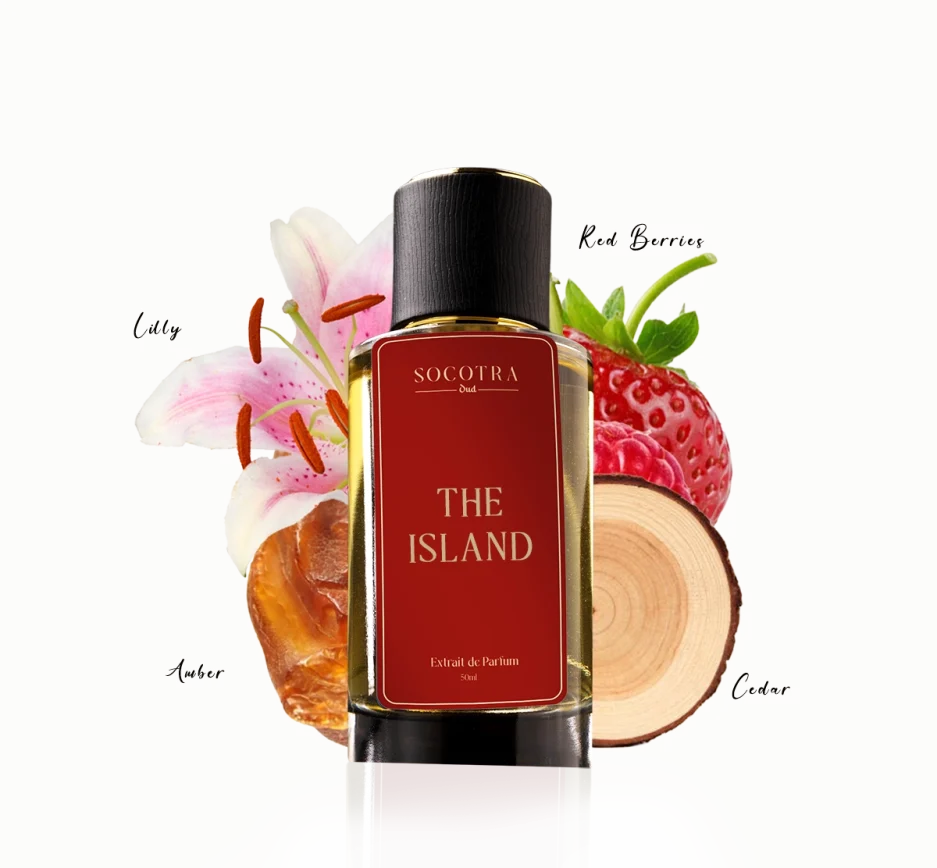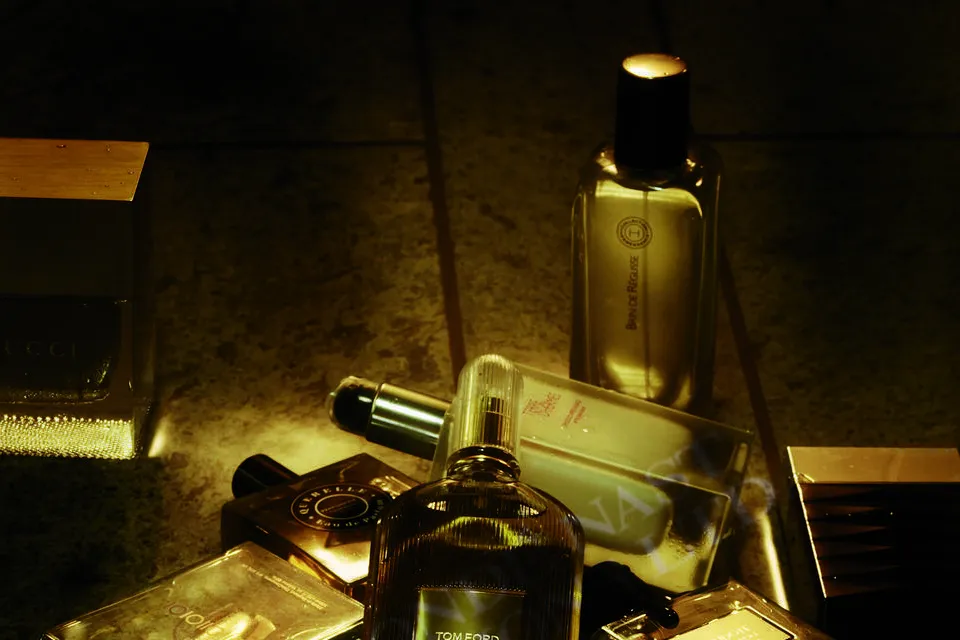Arabian Perfume Oil is more than just a fragrance; it’s a journey into the heart of tradition and luxury. In the world of perfumery, Arabian scents hold a unique place, embodying centuries-old craftsmanship and cultural richness. This blog explores the essence of Arabian Perfume Oil, delving into its historical significance, the art of crafting, and the luxurious experience it offers.
Historical Significance
Origins of Arabian Perfume Oil
Arabian Perfume Oil, also known as attar, traces its roots back to ancient times. It’s an art form deeply embedded in the cultural tapestry of the Arabian Peninsula. The use of natural ingredients, such as oud, musk, and floral essences, reflects a commitment to preserving traditional methods.
Cultural Influence on Perfume Production
Arabian Perfume Oil isn’t just a commodity; it’s a cultural symbol. The production process is influenced by local customs, and each fragrance tells a story. This connection between culture and scent adds a layer of depth and significance to every bottle.
Perfume Making Process in Arabia
Crafting Arabian Perfume Oil is a meticulous process that involves a delicate balance of ingredients. Master perfumers follow time-honored techniques, ensuring that each bottle is a testament to their expertise. From distillation to blending, the artistry involved is a testament to the dedication to perfection.
Role of Master Perfumers
Behind every exquisite fragrance is a master perfumer. These individuals, often carrying on family traditions, bring a blend of skill and intuition to the crafting process. Their expertise is vital in creating perfumes that not only smell enchanting but also resonate with the heritage they represent.
Key Ingredients
Exotic Ingredients in Arabian Perfume Oils
Arabian Perfume Oils are renowned for their unique ingredients sourced from the region. Oud, derived from the agarwood tree, takes center stage, along with spices, flowers, and resins. These exotic elements contribute to the rich and diverse palette of Arabian fragrances.
Popular Fragrance Notes in Arabian Perfumery
From the sultry notes of amber to the floral elegance of rose, Arabian Perfume Oils boast a wide spectrum of fragrance notes. Understanding these notes adds depth to the appreciation of these scents, as they evoke emotions and memories unique to the wearer.
Tradition Meets Modernity
Evolution of Arabian Perfume Industry
Over the years, the Arabian Perfume industry has evolved without compromising its core values. Innovation and a blend of traditional and contemporary elements have led to the creation of timeless fragrances that resonate with a global audience.
Innovation in Perfume Packaging and Presentation
Luxury is not only in the scent but also in the presentation. Perfume houses in the Arabian Peninsula pay meticulous attention to packaging, using intricate designs and high-quality materials to enhance the overall experience. Opening a bottle of Arabian Perfume is akin to unwrapping a precious gift.
Luxury in Every Drop
Crafting Perfume as an Art Form
Arabian Perfume is not just a fragrance; it’s a work of art. Master perfumers pour their creativity and passion into each blend, creating scents that are not just pleasing to the nose but also evoke emotions and memories.
Limited Editions and Exclusive Collections
For those seeking the epitome of luxury, Arabian Perfume houses offer limited editions and exclusive collections. These rare fragrances showcase the pinnacle of craftsmanship and are often sought after by collectors and perfume connoisseurs.
Cultural Influences
Connection Between Perfume and Arabian Culture
Perfume is deeply intertwined with Arabian culture, symbolizing hospitality, celebration, and spirituality. Understanding the cultural significance adds a layer of appreciation for the craftsmanship behind each bottle.
Symbolism of Fragrances in Arabian Traditions
Certain fragrances hold specific meanings in Arabian traditions. For example, musk symbolizes purity, while oud is associated with luxury and prosperity. Exploring these symbols enriches the experience of wearing Arabian Perfume.
Popular Arabian Perfume Houses
Overview of Leading Perfume Houses
Several perfume houses in the Arabian Peninsula have gained global acclaim. Names like [Perfume House 1], [Perfume House 2], and [Perfume House 3] are synonymous with quality and craftsmanship. Exploring their collections offers a glimpse into the diverse world of Arabian Perfume.
Choosing the Right Arabian Perfume
Factors to Consider When Selecting Perfume
Selecting the right Arabian Perfume involves understanding personal preferences, occasion, and the fragrance’s notes. Consider factors such as intensity, longevity, and how the scent evolves over time. Sampling a variety allows for a more informed choice.
Personalizing Fragrance Choices
Arabian Perfume is a personal statement. Whether seeking a signature scent or rotating fragrances based on mood, personalization adds a touch of individuality to the experience. Experimenting with different blends can lead to discovering hidden favorites.
Tips for Long-Lasting Scents
To make the most of Arabian Perfume Oils, consider tips for long-lasting scents. Applying perfume to pulse points, moisturized skin, and properly storing bottles can enhance the longevity of the fragrance, ensuring a lasting and delightful experience.
Takeaway
In concluding our exploration of Arabian Perfume Oil, it’s evident that these fragrances encapsulate the spirit of tradition and luxury. From the intricate craftsmanship to the cultural symbolism, each bottle tells a story that transcends time. As you embark on your journey with Arabian Perfume, may it be a sensory experience that connects you with the rich heritage and elegance that these scents embody.



